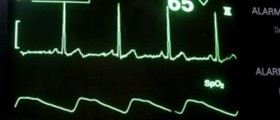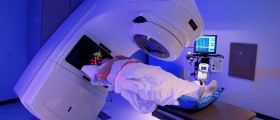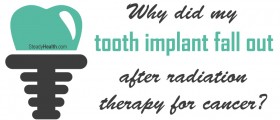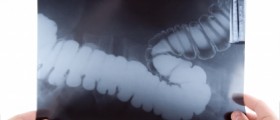
When nausea or vomiting occurs in patients after some surgery or after chemotherapy or radiation therapy in patients who have a cancer they may be treated by a medicine called Zofran. In such cases it should be taken before chemotherapy, or one or two hours before the radiation therapy and surgery, and only in doses that a doctor prescribes, because otherwise it might not work properly. This medicine is very effective in such cases because it blocks the production of serotonin in the body which is in some way connected to these two symptoms.
Since this medicine should not be taken unless prescribed by the doctor, the doctor will have to make sure to get all the necessary information which are relevant when it comes to the use of this drug. The existence of certain health issues such as liver problems, allergies, irregular heart rhythm, or even severe diarrhea are the indicators that this medicine should not be used, or should be used under the supervision. The same goes for the states of pregnancy and lactating because there are no official confirmations about whether it can affect the baby in any way. Also, due to the possible interaction with some other drugs and possible side effects or consequences the use of Zofran should be carefully considered in patients who already use some other medications such as carbamazepine, tramadol and rifampicin. Unadjusted use at the same time may decrease the effectiveness of one or both medicines though not necessarily in every case.
As far as the real side effects of this medicine are concerned, people should be aware of the fact that all the medicines may cause side effects, which are in some cases practically negligible, while in others serious. On the other side, the same medicines in some other cases may cause none of the side effects, so it is all individual. The greatest majority of people who use zofran may feel headache or tiredness, since these are the most commonly felt problems. Less frequent are diarrhea,constipation, fever, dizziness, itching, urinary retention and problems with reproductive system in female patients. However, none of these symptoms is too serious, and they usually do not last long, while pain in the chest, swelling without any logical explanation, tremors, problems with breathing and signs of allergy call for the medical attention as soon as possible. Extremely rare are the situations in which the patient will experience changes in the heart rhythm and the heart rate increases in the liver enzymes and temporary blindness and these symptoms should also be reported immediately.















_f_280x120.jpg)

Your thoughts on this
Loading...